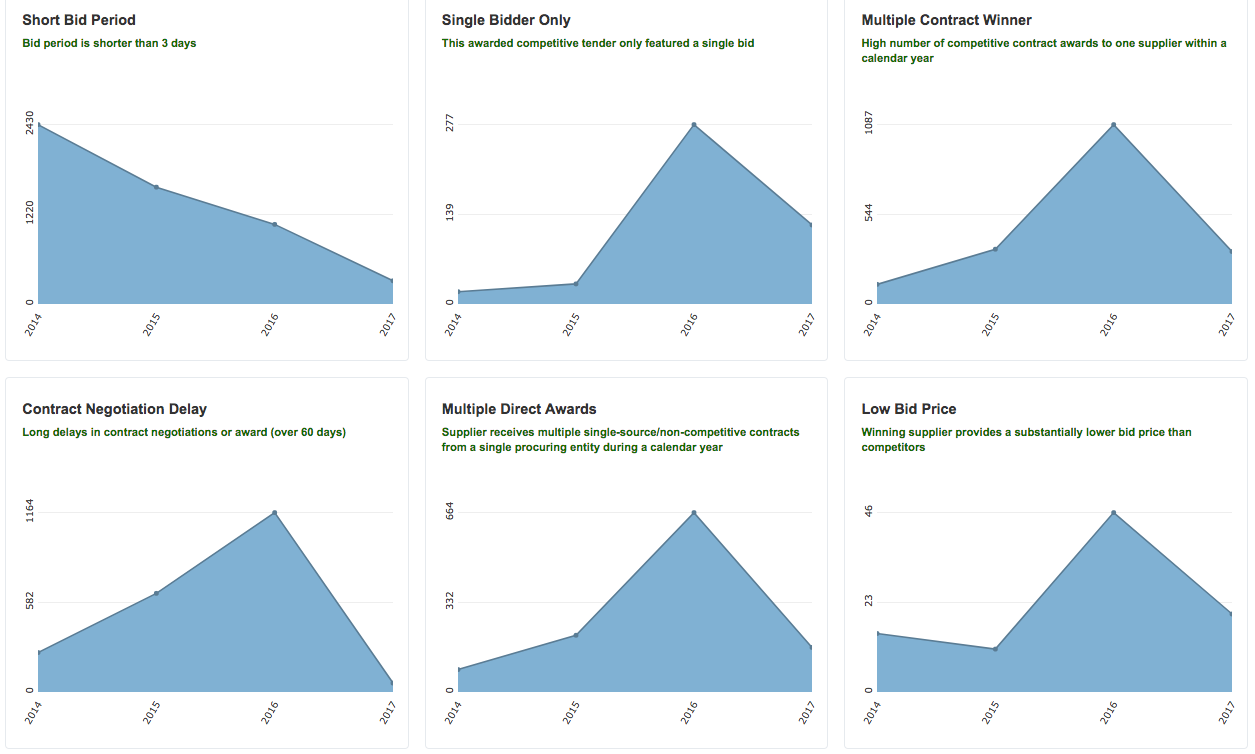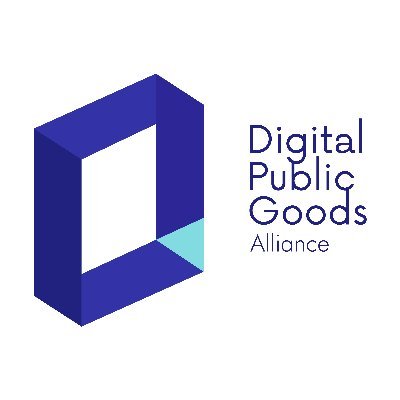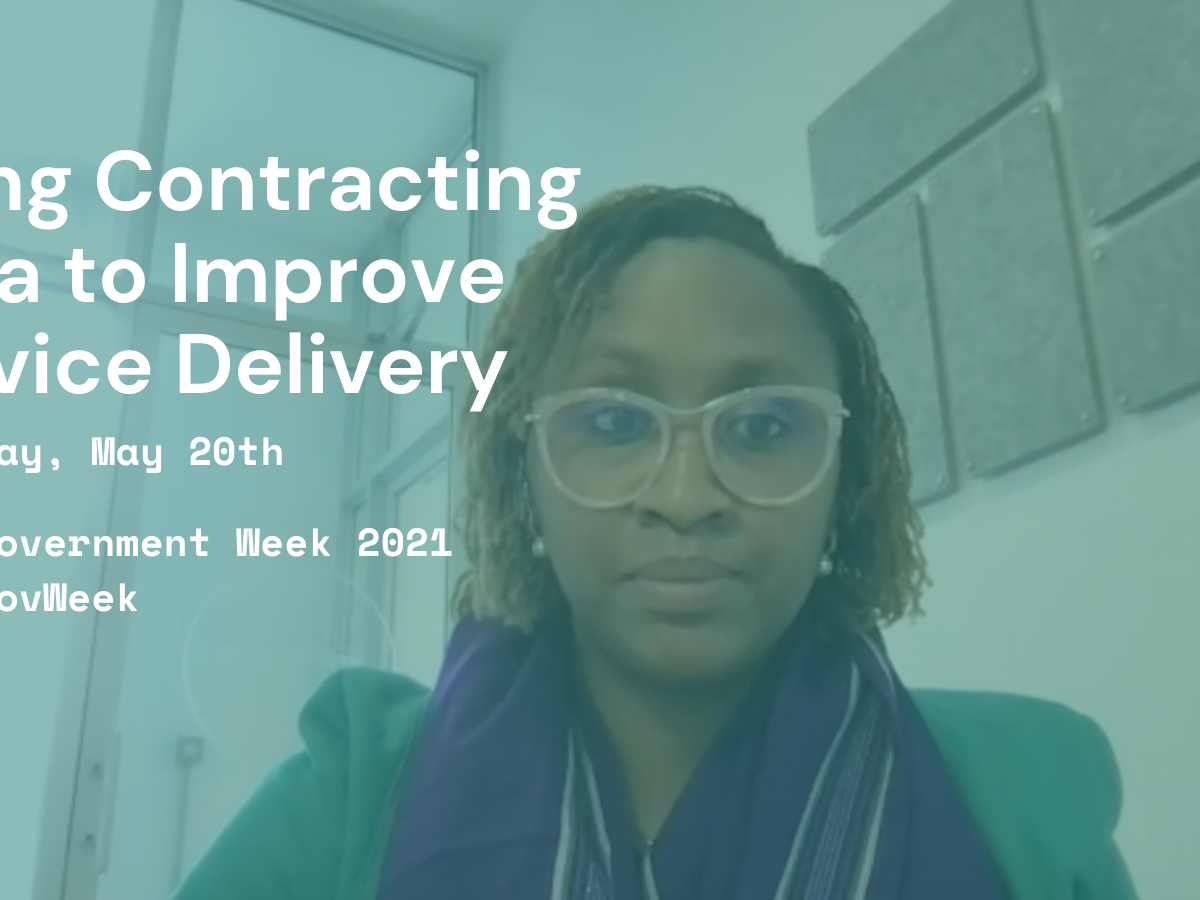Is Your Data OCDS Compliant? Introducing the jOCDS Validator
When it comes to open data, the devil is in the details. Publishing data in an open format is admirable — but in order to be valuable, the data must meet basic criteria for formatting and standardization. That’s why DG is contributing its open source jOCDS Validator to the international open contracting community. Tested with millions of records, we’re excited to make this easy-to-use, secure tool available to the public.
The Open Contracting Data Standard (OCDS) is a structure for publishing procurement data that a number of countries are adopting. Countries recognize that open data is important — and that publishing data in a standard format makes for easier use by the public and the government. But a few questions remain: How do we know that countries are publishing data according to the standard? And how can we be sure that the data is accurate?
That’s where the jOCDS Validator comes in. The tool validates the most important building blocks in OCDS: the releases and the release packages.
Once data is validated and ready for import and publishing, it can be used in tools such as DG’s Corruption Risk Dashboard, which uses a red flagging approach to identify risky procurements.

Figure 1: from the Corruption Risk Dashboard
The Validator supports all core extensions of OCDS in offline mode — allowing users to validate without internet access. All other extensions are supported in online mode (as some OCDS extensions are available only through URL, which by definition requires Internet access). The Validator works with all currently released versions of the standard — 1.0.0 , 1.0.1, 1.0.2, 1.1.0, and 1.1.1 — and will update it to work with all the upcoming versions.
The Validator has a powerful schema caching mechanism that is useful when validating large volumes of tenders.
The tool provides options for different user needs. It provides a command line interface (CLI) tool that is easy to install and use, enabling standalone deployment and use of OCDS validation as a service. It also runs as an easily-started REST API tool, which allows validation in the browser or while using a REST client.
To ensure user privacy, jOCDS does not store incoming OCDS data. Additionally, the data is sent and received over a secure channel, meaning that the online tool can be used to validate data that has yet to be published.
There are two ways to access the Validator:
-
Option 1: API. The Validator can be started from a server and used as a REST API. This is typically used when priming data for use with our Monitoring & Evaluation and Corruption Risk tools.
-
Option 2: Command line tool. The Validator can be invoked from the command line to validate local files. This is particularly useful for data editors and scientists. In this mode, the Validator works offline with the core extensions, so one doesn’t need Internet access (it takes an executable file of about 10MB installed on one’s own machine).
DG is pleased to provide this free service to the OC community, and we would greatly appreciate your feedback, thoughts and suggestions. So please reach out through Github or send us an email at amandelbaum@developmentgateway.org!
Useful Links:
-
Github source code: https://github.com/devgateway/jocds
-
Documentation
-
General remarks https://github.com/devgateway/jocds/blob/master/README.md
-
REST API: https://github.com/devgateway/jocds/blob/master/jocds-web/README.md
-
Command Line Interface (CLI): https://github.com/devgateway/jocds/blob/master/jocds-cli/README.md
-
-
Download CLI and REST API binaries: https://bintray.com/devgateway/jocds/jocds
The jOCDS Validator is an open source tool licensed with an MIT license.
Share This Post
Related from our library

DG’s Open Contracting Portal Designated as a Digital Public Good
Digital Public Goods Alliance designated DG’s Open Contracting Portal as a digital public good in September 2022. The Portal provides procurement analytics that can be used to improve procurement efficiency and, in turn, reduce corruption and increase impact.

The G20 Must Recognize the Power of Procurement for Social & Economic Good
Procurement deserves a strategic seat at the top table across all of the Italian G20 presidencies. Anti-corruption priorities and open contracting solutions can drive progress in a number of areas.
